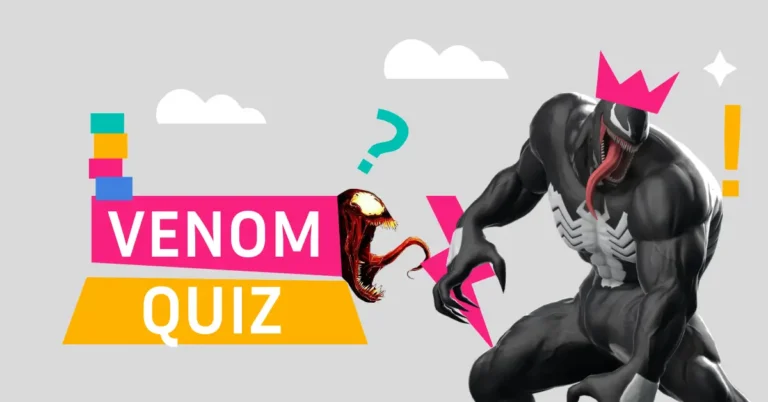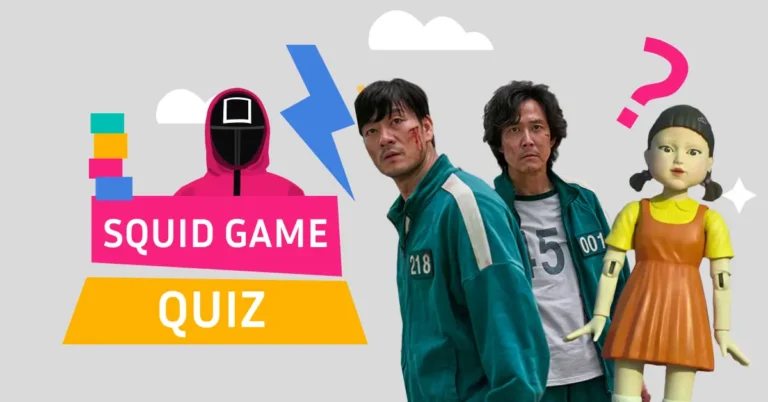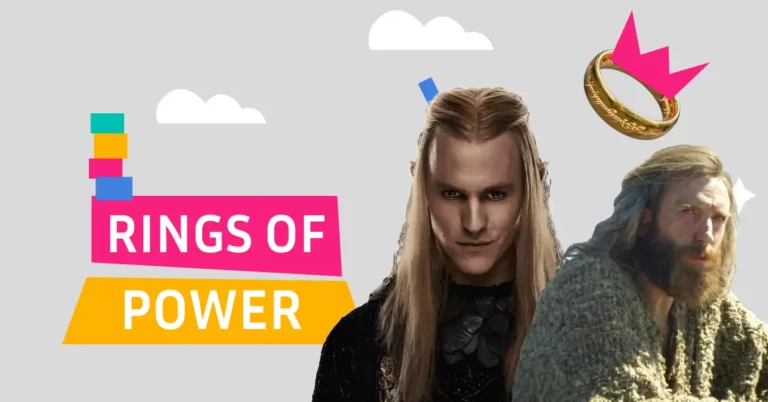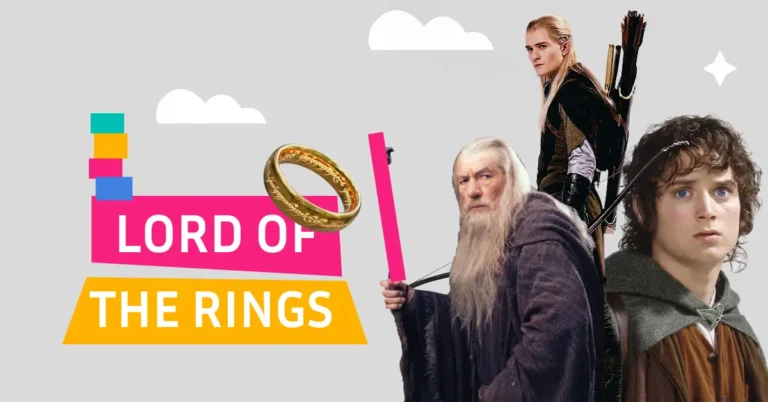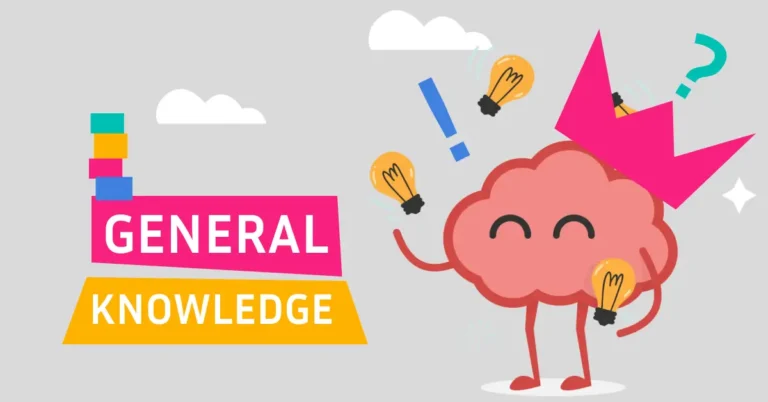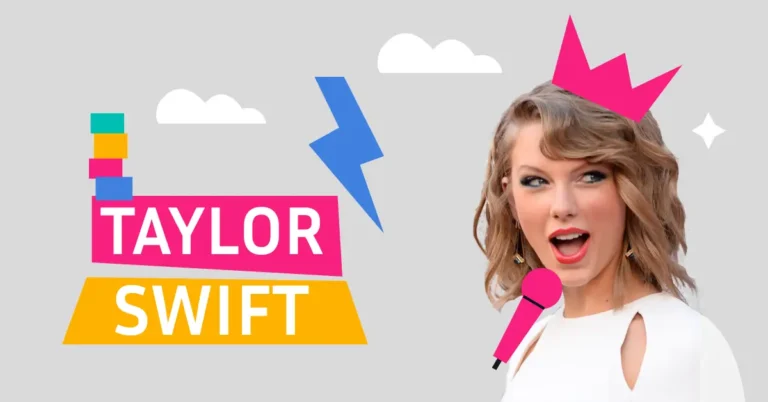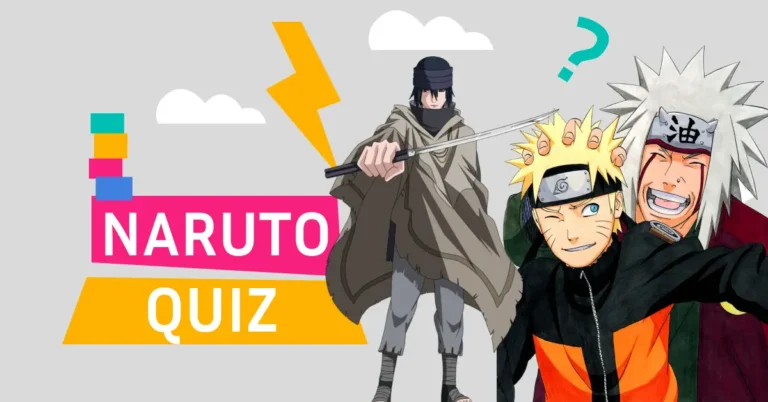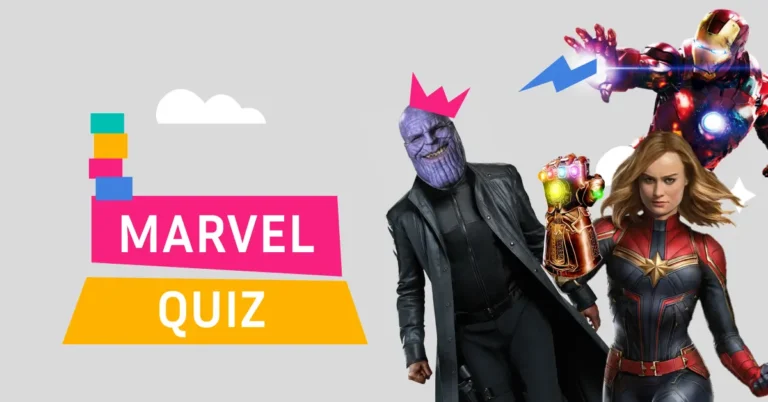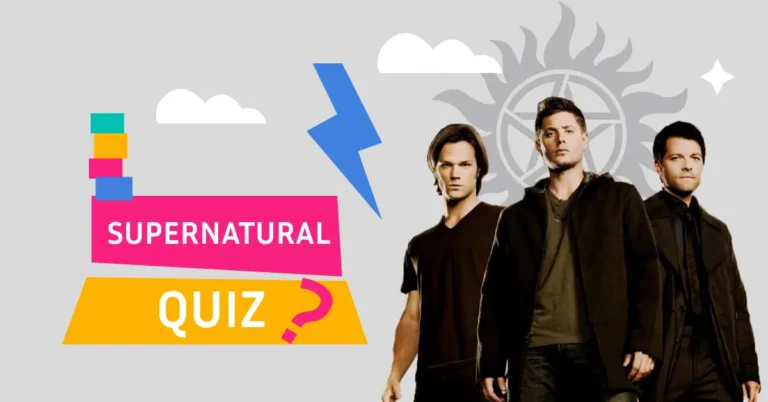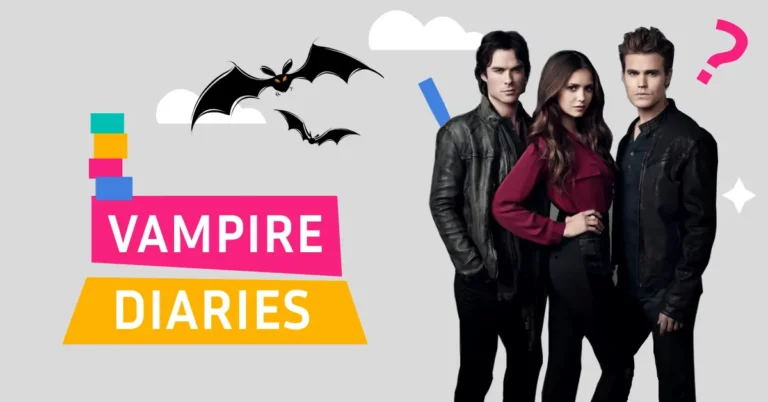Marvel Quiz
Marvel: A Comprehensive Guide to the Superhero Universe
Marvel is much more than just a brand; it’s a global phenomenon that has redefined superhero storytelling across comic books, television, and film. Founded by Martin Goodman in 1939 as Timely Publications, Marvel has grown into an entertainment juggernaut with a rich legacy that spans decades. Let’s dive into the elements that make Marvel a cultural force and explore its impact on pop culture.
The Origins of Marvel
Marvel’s rise to fame began in the 1960s under the guidance of editor-in-chief Stan Lee, along with legendary artists like Jack Kirby and Steve Ditko. The creation of iconic superheroes such as Spider-Man, Iron Man, Thor, and the Hulk transformed the comic book industry. Unlike their predecessors, Marvel’s characters had complex, relatable flaws, making them more human. The stories also tackled real-world issues like social justice, prejudice, and the morality of power, which resonated with readers.
The Marvel Cinematic Universe (MCU)
The MCU revolutionized superhero films starting with Iron Man in 2008, directed by Jon Favreau and starring Robert Downey Jr. as Tony Stark. This movie laid the foundation for a shared cinematic universe where individual character stories intertwined, culminating in massive crossover events like The Avengers (2012) and Avengers: Endgame (2019). Marvel Studios, led by Kevin Feige, created a 23-film saga known as the “Infinity Saga,” which concluded in Endgame and became one of the highest-grossing films of all time.
Character Development and Ensemble Casts
Marvel excels at character development, with heroes like Captain America (Chris Evans), who begins as a humble soldier before becoming the symbol of hope, and Thor (Chris Hemsworth), who evolves from a reckless god to a wise king. The stories focus not only on their powers but also on their personal struggles. The complex dynamics between characters, such as Tony Stark’s mentorship of Spider-Man (Tom Holland) or the conflict between Steve Rogers and Stark in Civil War, add layers of depth that keep audiences emotionally invested.
Humor and Emotional Depth
The MCU strikes a balance between humor and emotional weight, with witty banter and lighthearted moments often interspersed between intense battles and heartfelt scenes. Characters like Ant-Man (Paul Rudd) and Guardians of the Galaxy’s Star-Lord (Chris Pratt) bring a sense of fun and levity, while films like Black Panther (2018) and Captain America: The Winter Soldier (2014) delve into themes of identity, loyalty, and justice.
Groundbreaking Visual Effects and Action
Marvel has set the bar high for visual effects and action sequences. Whether it’s the breathtaking citywide battle in Avengers: Age of Ultron or Doctor Strange’s mind-bending magical realms, the MCU pushes the boundaries of what’s possible in cinematic storytelling. The attention to detail, from the realistic Iron Man armor to the epic final battle in Endgame, has garnered critical acclaim and revolutionized the superhero genre.
Star-Studded Cast and Cameos
The MCU is known for its star-studded casts, with A-list actors such as Scarlett Johansson, Mark Ruffalo, and Samuel L. Jackson playing key roles. Legendary cameo appearances by Stan Lee, the co-creator of many Marvel characters, became a beloved Easter egg in nearly every film, creating special moments that fans treasure.
Awards and Recognition
Marvel’s impact on pop culture has been recognized with a host of awards. Black Panther made history as the first superhero movie to be nominated for Best Picture at the Academy Awards and won three Oscars. Marvel films have also won numerous technical awards for visual effects and sound design, further solidifying their status in the industry.
Legacy and Cultural Impact
Marvel’s influence goes beyond entertainment. The franchise has helped redefine how superhero stories are told, focusing on diverse representation, as seen with films like Black Panther and Captain Marvel. Marvel characters have become role models, inspiring millions around the globe with messages of hope, courage, and resilience.
Marvel has made “geek” culture mainstream, appealing to a broad demographic that ranges from lifelong comic book fans to new viewers discovering the MCU for the first time. Its legacy as a pop culture powerhouse is assured, and with new phases of storytelling already in motion, Marvel shows no signs of slowing down.
